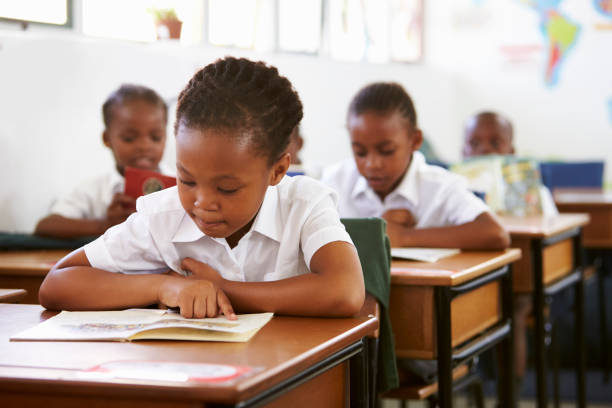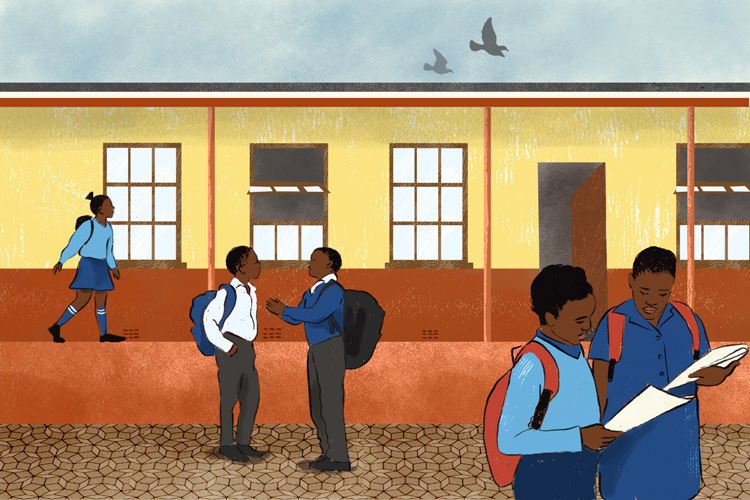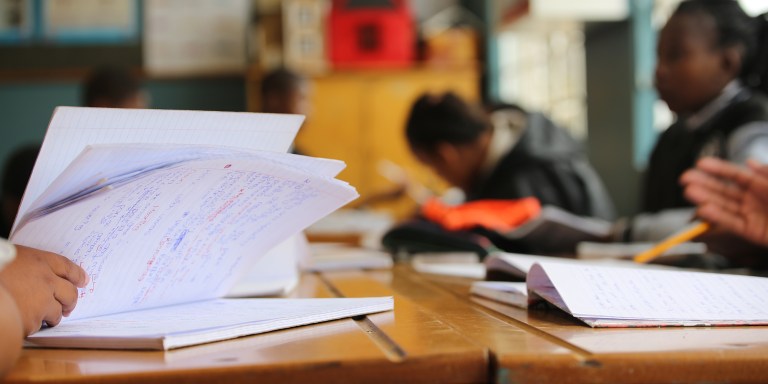Projects
Project Thumela-i-SMS
Effective school-to-parent communication and parental involvement has been found to be a key indicator to successful educational outcomes of school learners. Especially in poorer communities the support towards the learners is lacking due to non-participation and non-involvement by the parents. Effective school-to-parent communication has proven to be an effective method to improve parental involvement, by way of information about class activities, like test, exams and deadlines. It also assist in curbing truancy and informs of sporting activities. Although the costs for the school-to-parent service is relatively affordable, there are still a significant number of schools who cannot afford the service. This represents a tremendous opportunity to allow such underprivileged schools to improve their parental involvement through effective school-to-parent communication.
This project aim to connect 100 schools to a low cost school-to-parent communication platform. For less than the price of a cappuccino, every R25 connects one household to the school for a year. You can become a partner and donate here.
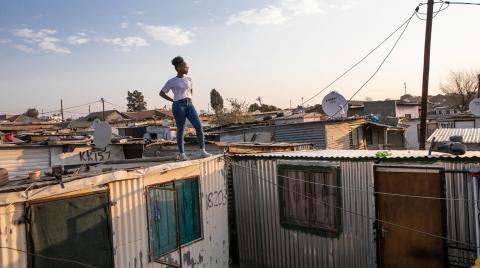
Project LOVE2READ
Literacy, in today’s culture, is the only door to all other forms of education.
Education – formal primary, secondary, vocational, and higher – is impossible without first acquiring basic literacy. Nor is it possible, without literacy, to teach knowledge, attitudes and skills.
The socio-economic challenges, particularly of having little or no parental support, as well as the challenges of educators who are not proficient in English as a medium of instruction, and large class sizes, also contribute to the low literacy levels.
“Most children leave grade one without knowing the alphabet, while 82% of grade 4 children cannot read for meaning. By the end of Grade 2, over 30% still don’t know all the letters of the alphabet.” The report finds that these children are “perpetually behind and in ‘catch-up’ mode, although they never actually catch up”. Read the full report here.
With LOVE2READ, we aim to donate 50 books per disadvantaged primary school, for 100 schools, in an effort to grow their supply of reading material. Become part of the solution by donating books for funding. Contact us for book donations here.
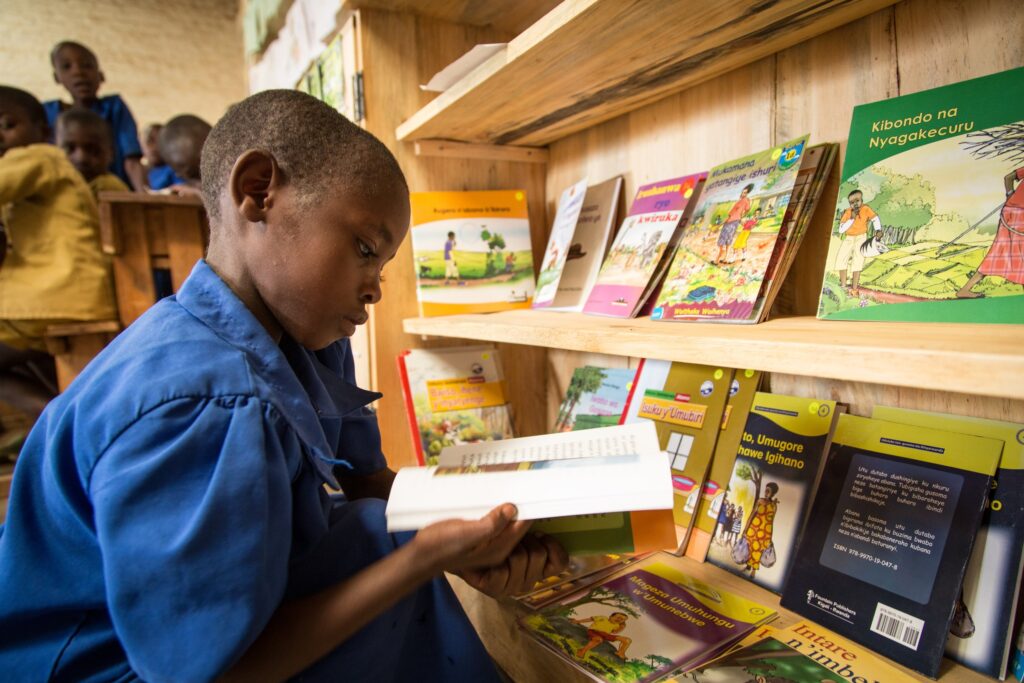
STEAMAC for Change Project
South Africa’s workforce predominantly comes from the townships and rural areas; these are seemingly “unemployable” residents who do in fact impact the country’s economy. The current unemployment rate is, according to STATS 2023, at 32.9%. In South Africa, the skill base of the labour force is lower than that of many other productive economies. There is a urgent need for technical and digital skills, and according to the Department of Labour, too few people study qualifications that are required to address the skills shortages in the country. The pool of students who can potentially access university and science-based TVET programmes is very small in comparison to the skill demands in the country mainly due to the inadequate quality of basic education.
But what is STEAMAC?
STEAMAC Education is a term to encompass Science, Technology, Engineering, Arts, Maths, Agriculture and Coding/Computational Education (STEAMAC). Learn to Grow intends to facilitate resources to promote gender and race inclusivity and increase access to learners to respond and benefit from the opportunities and optimization of the Mechanical, Electrical and Civil Technology industry sectors for socio economic growth. Similarly, increased access for learners to the agricultural and ARTS sectors will provide benefit to economic growth.
The adoption of the Three Streams Model by the local and national education departments is the vehicle which is being used for implementing STEAMAC, ie the Academic Stream, the Vocational Stream (Professional careers e.g. engineering professions, teachers, artists, etc.) and the Occupational Stream (Occupational studies e.g. trades, technicians, operators, etc), in schools of skill, as specified by the Education Department.
Our solution is to provide earmarked disadvantaged high schools within disadvantaged communities with what they would need, sometimes a math classroom, or science classroom, or a computer centre, where CAT and coding can be taught, smart boards and learning resources, and sometimes even just internet access. We will also assist schools of skills with education resources needed in these study fields.
Fundraising for this in ongoing, as the costs is high. Partner with us, every R100 make it possible to help the youth become more employable.
Donate here.
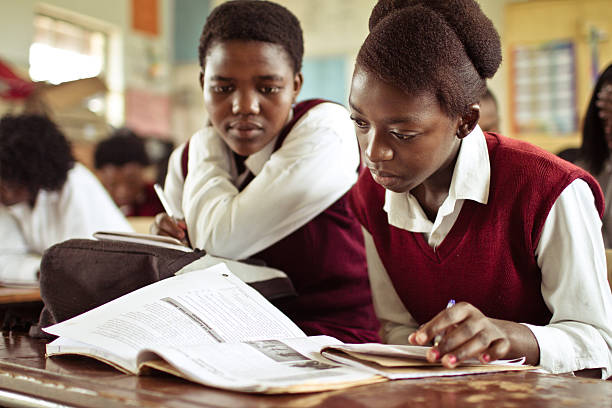
Vocational Training Support Project
It is our belief that every student that qualifies for entrepreneurial or vocational training should have the opportunity to do so – even it their finances do not allow it. Our mission is to create opportunities to do just that.
Learn to Grow will, through donated funding, assist such students to study at NQF-approved providers to reach their potential to be able to become economically active participants in their communities.
With our partners in vocational and entrepreneurial training, we will open doors for those students wanting to start their careers. To support those students that deserve a opportunity at tertiary education, be it vocational or at university level, donate here.

